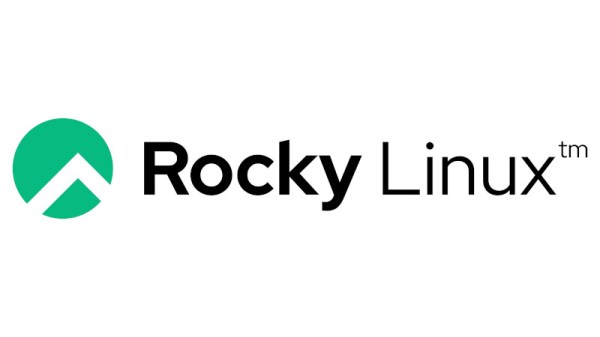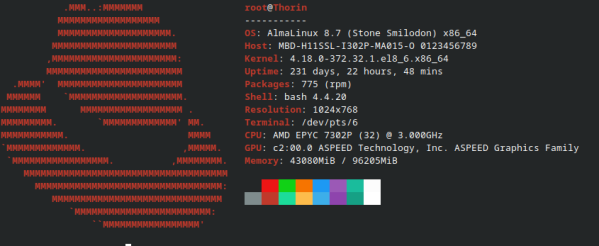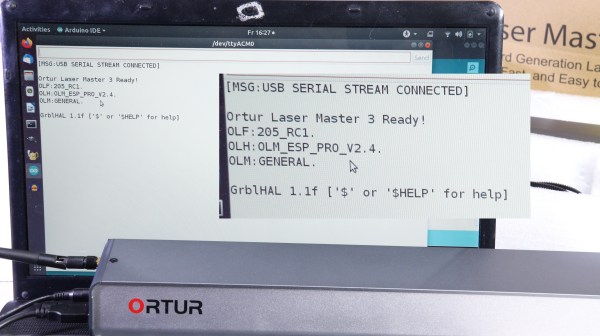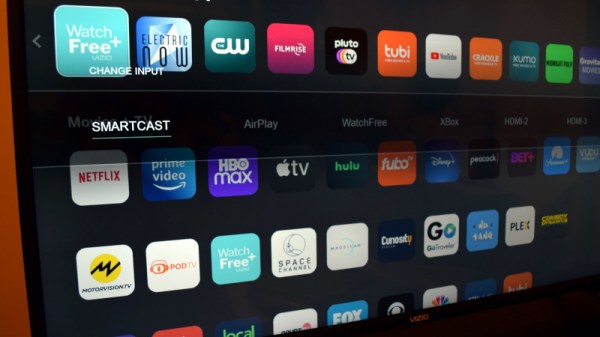The world of Linux has seen some disquiet over recent weeks following the decision of Red Hat to restrict source code distribution for Red Hat Enterprise Linux (RHEL) to only their paying customers. We’re sure that there will be plenty of fall-out to come from this news, but what can be done if your project relies upon access to those Red Hat sources?
The Red-Hat-derived Rocky Linux distro relies on access to RHEL source, so the news could have been something of a disaster. Fortunately for Rocky users though, they appear to have found a reliable way to bypass the restriction and retain access to those RHEL sources. Red Hat would like anyone wanting source access to pay them handsomely for the privilege, but the Rocky folks have spotted a way to bypass this. Using readily available cloud images they can spin up a RHEL system and use it to download their sources, and they can do this as an automated process.
We covered this story as it unfolded last week, and it seemed inevitable then that something of this nature would be found, as for all Red Hat’s wishes a GPL-licensed piece of code can’t be prevented from being shared. So Rocky users and the wider community will for now retain access to the code, but will Red Hat strike back? It’s inevitable that there will be a further backlash from the community against any such moves, but will Red Hat be foolhardy enough to further damage their standing in this regard? They’re certainly not the only large distro losing touch with their users.



















